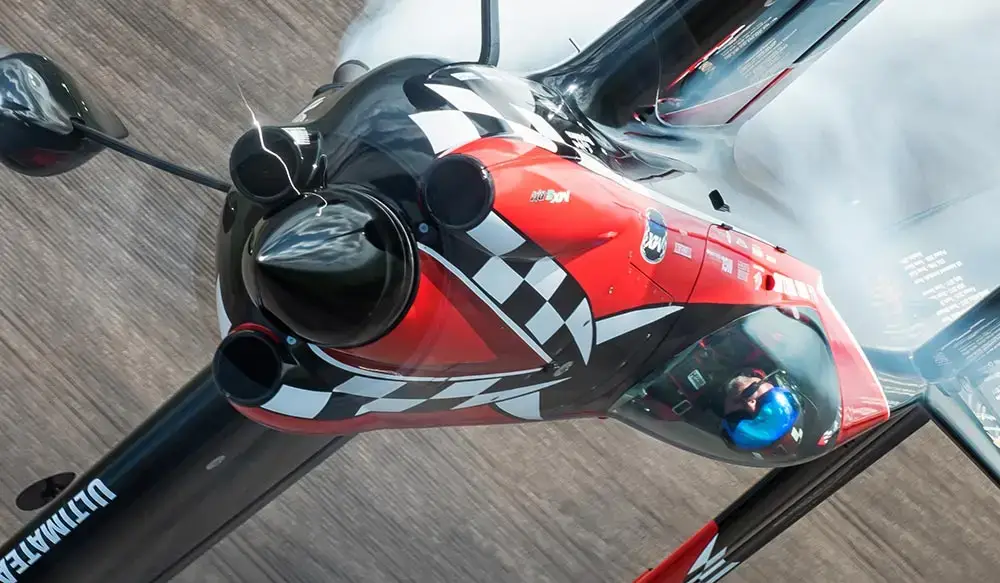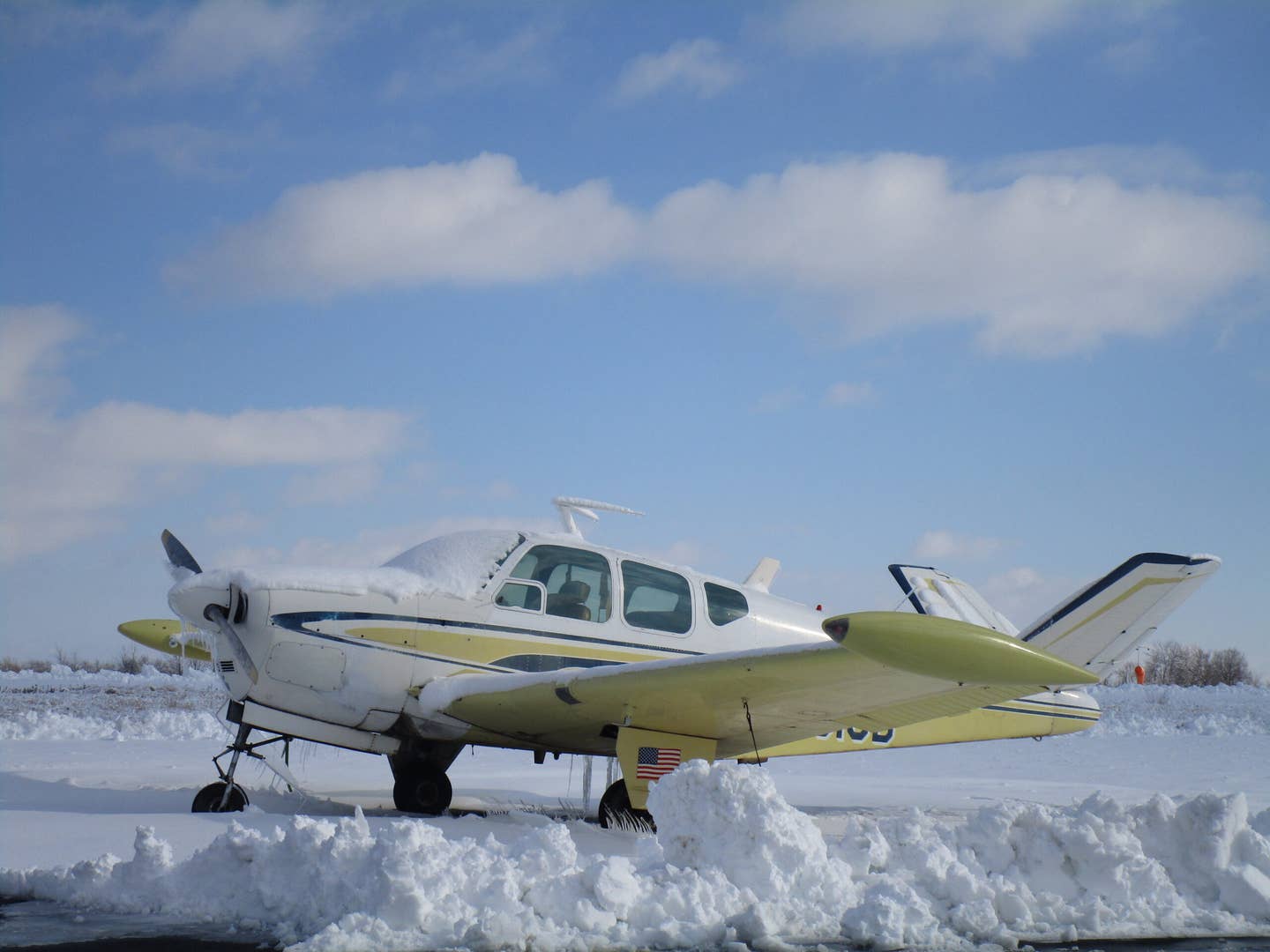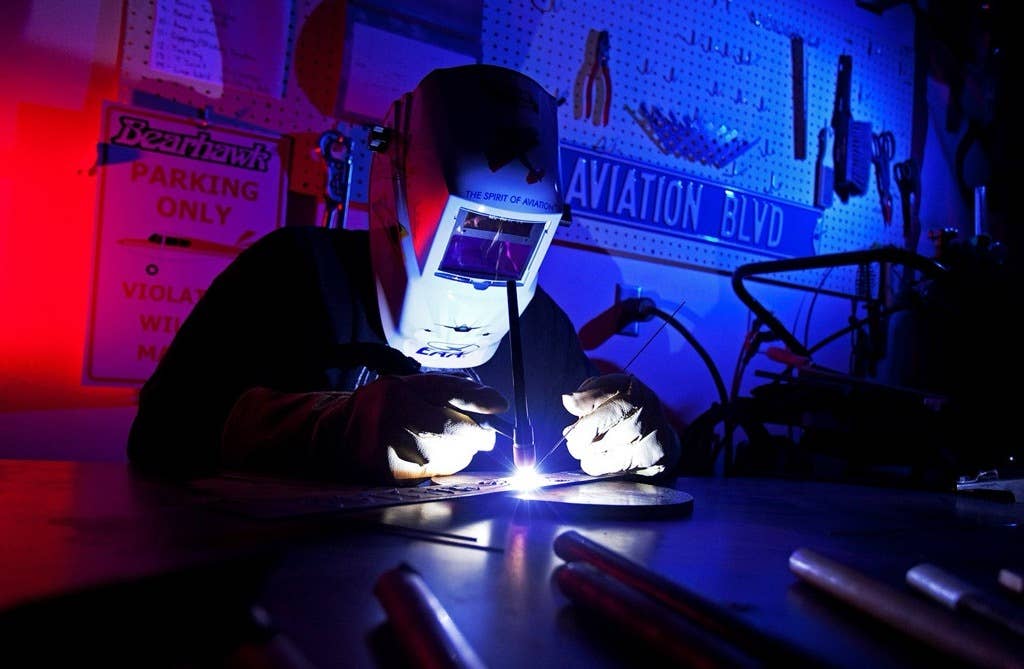
Wikimedia Commons
Southwest Airlines' (SWA) holiday system-wide meltdown was by all accounts the single biggest disruption in the history of American air travel, with the exception, of course, of the terrorist attacks of 2001. Over the Christmas holiday period, SWA suffered a worst-case system-wide failure after its admittedly ancient scheduling system was overwhelmed, and the airline was unable to schedule planes, pilots and additional flight crew, forcing it to cancel around 2,500 flights, which according to reports is approximately 62% of its overall schedule for the period.
There are stories of SWA pilots waiting on the phone for more than a dozen hours to talk to a dispatcher---one pilot reportedly was on hold for 17 hours. This is not to mention the tens of thousands of customers who were left in the lurch, with SWA unable to provide to many of them the kind of cancellation care, hotels and/or rental cars, that isn't just the right thing to do but required by law.
How bad was it? As you might know, airline pilots are notoriously reluctant to share publicly anything bad or good about their work life. Yet after this debacle, hundreds of Southwest pilots took to social media to detail the degree of the misery, though several have showered praise on customers, who were said to be were largely supportive and understanding. Others, of course, were asked to get the plane going right now! There was even an (unverified but legit-sounding) memo from SWA telling pilots not to go into SWA employee lounges to shop for flight attendants to work their flights, though the attempt by pilots to find flight attendants who hadn't been able to talk to dispatch for a day or more seems a reasonable alternative to us.
The other bad news for SWA is this: In a political climate that has become polarized beyond easy repair, this is one issue, Southwest's failings, that has united the parties like few other issues have done. DotSec Pete Buttigieg appeared on the Sunday morning news shows, including Meet the Press and Face the Nation, where he made no effort to disguise his unhappiness over the meltdown and express wonder that the company could have been relying on a system that has been in use for decades---this is not an uncommon practice, by the way. Pilots at other airlines have shared with P&P their gratitude that it didn't happen to their carrier.
Legislators are riled---after all, every one of them has constituents who were left stranded by SWA's failures, many of whom have yet to see a penny in reimbursement for their fares, never mind the required penalties airlines must pay when something like this happens. There is certain to be a Congressional investigation, perhaps more than one, and the DoT is also likely to issue fines after it gets a handle on the extent of the damage done. What kind of financial hit is SWA looking to take? It's too early to say with any certainty, but industry it could be in the hundreds of millions of dollars.
Politico's Weekly Transportation newsletter noted two other areas of concern. One is consolidation. With mergers among airlines at an all-time high, consumers are left with fewer choices and higher fares. And Southwest, the author notes, was the first airline to resume shareholder dividends once the legislative ban on them expired late last year.
One agency that can't get too high and mighty right now is the FAA, which had a three-hour ground stop into all Florida airports after one of its air route traffic control systems failed, forcing airlines to cancel hundreds of flights and leaving, again, thousands of flyers stranded, at least temporarily.

Subscribe to Our Newsletter
Get the latest Plane & Pilot Magazine stories delivered directly to your inbox






